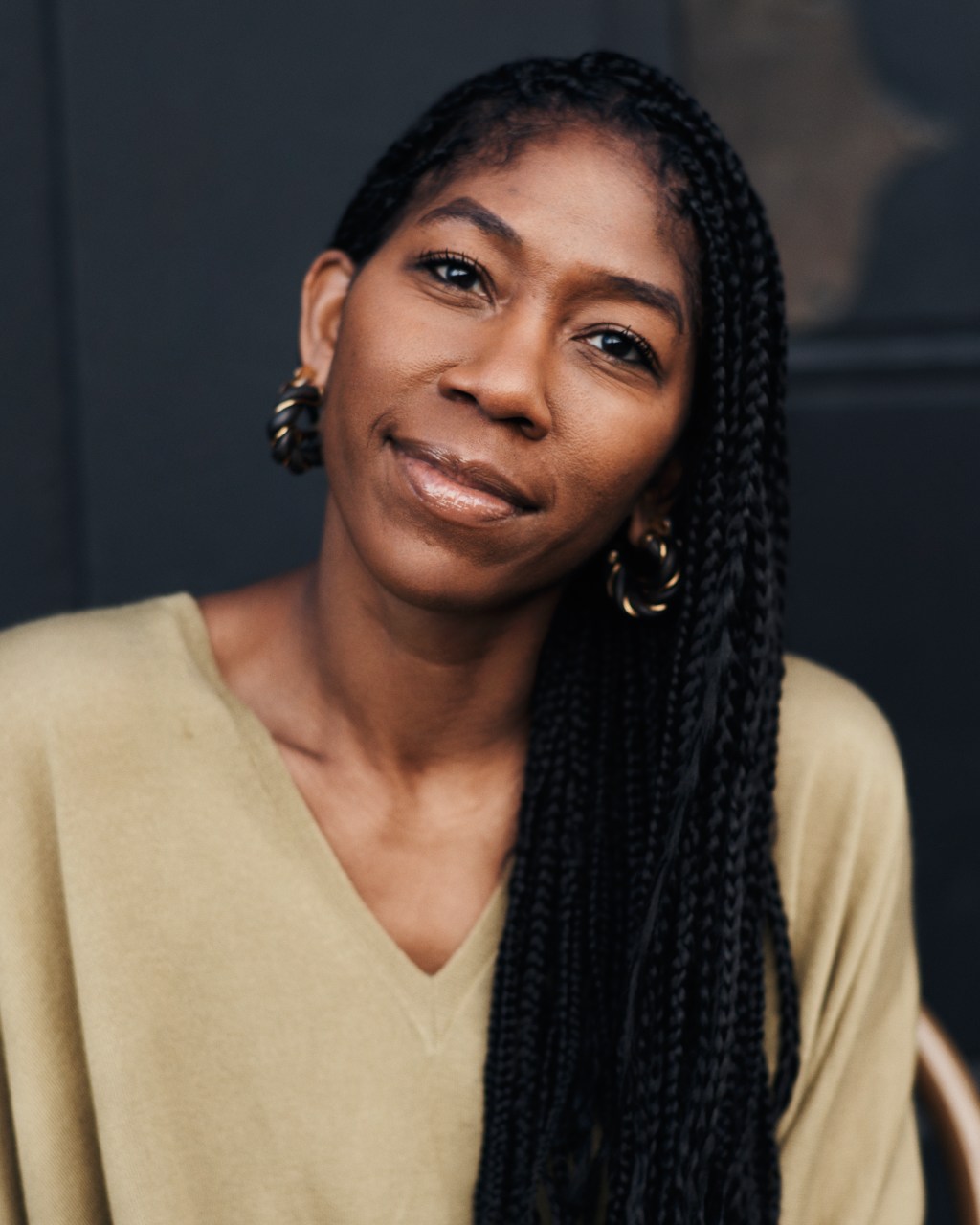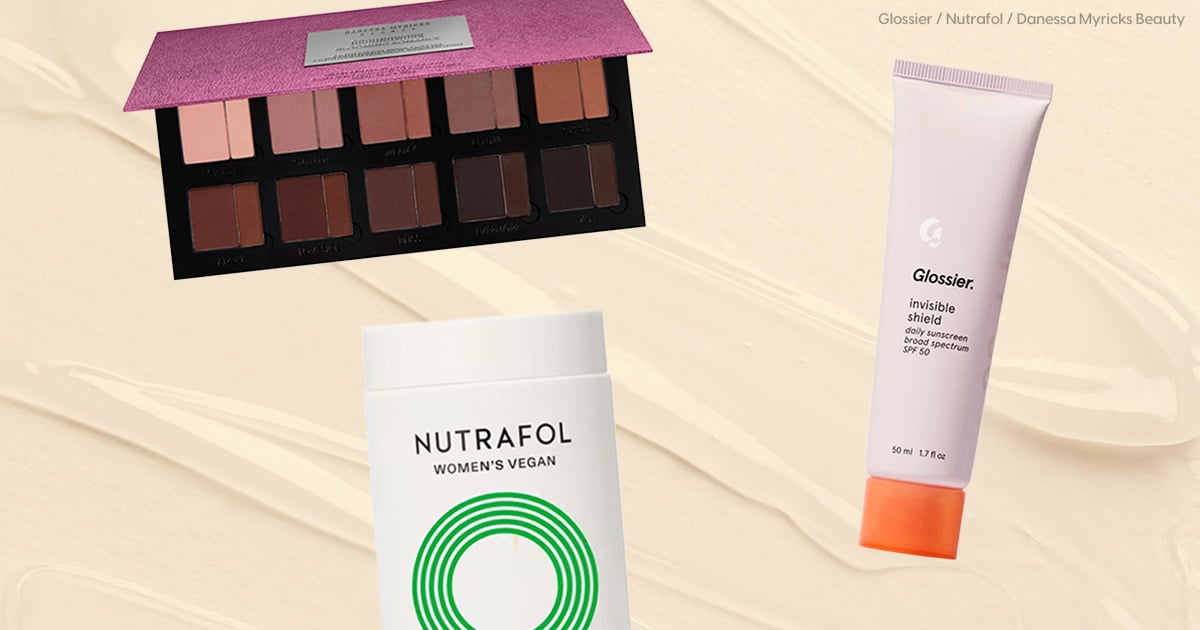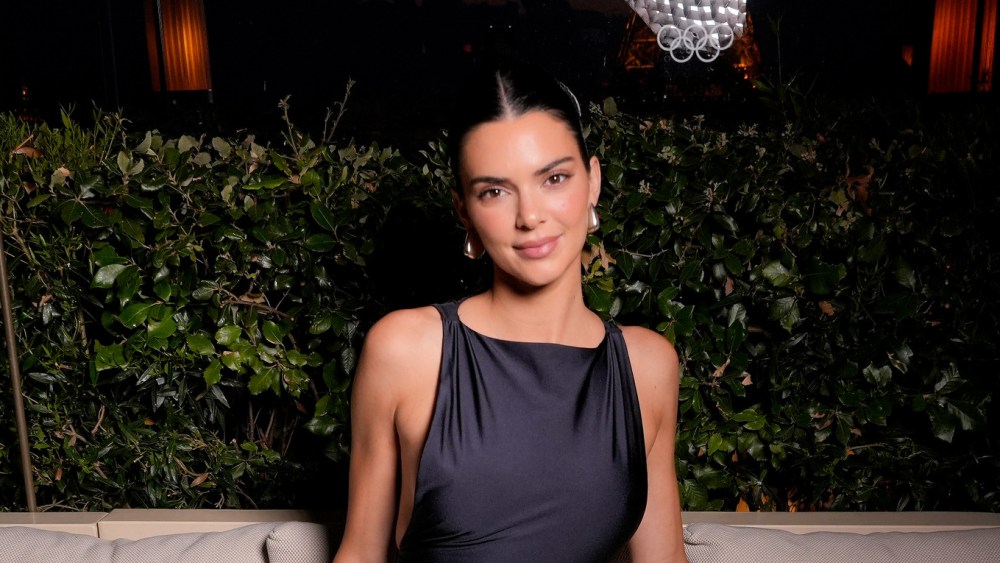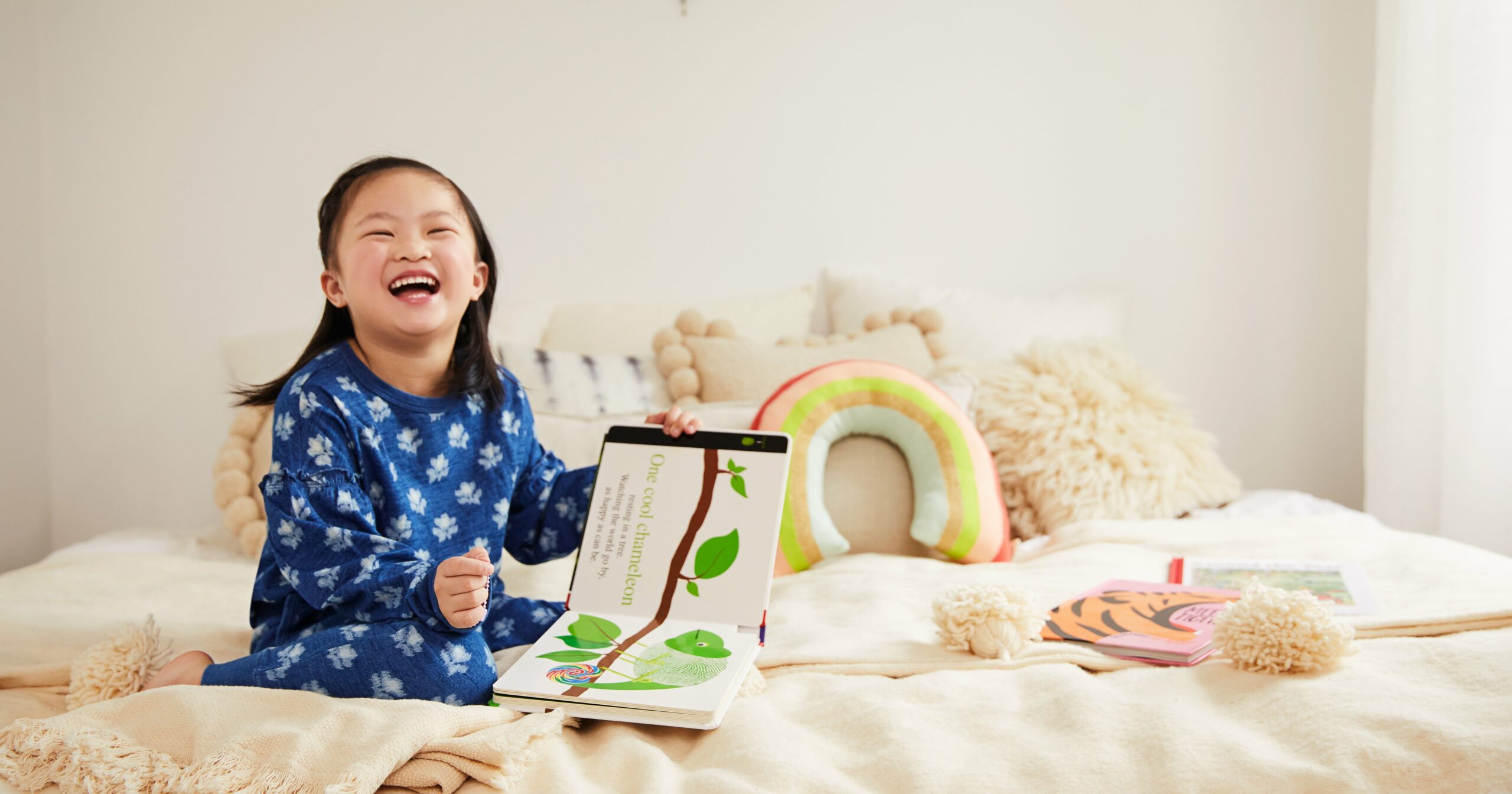LONDON — This summer, Kenya Hunt, the editor in chief of Elle U.K., had a full-circle moment since she joined the magazine in March 2022.
“I can’t say I’m new in the role anymore, or anything like that. Shortly after the September issue hit newsstands, I left and went on holiday, to have time to step away from it — to pause and reflect on everything,” she said during an interview at Dover Street Market’s Rose Bakery.
Hunt isn’t new to Elle U.K. She joined the glossy magazine in 2015 as its fashion features director under then-editor Lorraine Candy, then was promoted to deputy editor under Candy’s successor, Anne-Marie Curtis, followed by a short interim period as editor until Farrah Storr, editor of Cosmopolitan in the U.K., took the reins in 2019 before resigning in 2021.

Before the appointment of Storr, staffers at Elle U.K. had always bet on Hunt to become editor. She was popular among senior and junior members of the team; well-connected and liked in the fashion sphere, and her attitude to magazine-making didn’t run on the steam of the glory days of fashion publishing.
Before her anticipated return to Elle U.K., Hunt took the position of fashion director and deputy editor at Grazia U.K. in November 2020 and published a collection of personal essays, “Girl: Essays on Black Womanhood.”
“Even though I have worked within women’s media for the vast majority of my working life on a pretty linear track, I’ve always come at it from the point of view of an outsider for a range of reasons, whether it be my experience as a transplant to New York, having come from Virginia; as a woman of color working in predominantly white spaces, and as an American, having moved to the U.K. and crafted a life for myself,” explained Hunt, about what it means to be in the hot seat at Elle U.K.
“You have to be really creative to envision a place for yourself, in spaces where you don’t naturally see yourself reflected,” she added.
Hunt is acutely aware of the ever-changing media landscape. She recently came back from Cannes Lions, where the big debate was artificial intelligence, but she remains optimistic as she reminisces about the digital disruption that was taking place during her coming of age in her career.
“The [role] models that I had when I was coming up, that era is over and gone with, but I think the beautiful thing is that we’re in this new chapter where things are evolving and changing,” said Hunt.
Hunt’s generation of magazine editors has set ambitions and numerous side hustles. Her collection of essays is being taken to the small screen by FilmNation TV UK; she’s keen to write another book, and is an active mentor to those coming up in the fashion industry via R.O.O.M Mentoring, a program that advocates for greater diversity within the creative industries.
Since joining the magazine, a number of new projects have been brewing at the title, including “Why I… Move,” a podcast in partnership with Nike that’s been renewed for a second season; the return of the Elle Style Awards on Sept. 5, that last took place in 2017; Elle Collective, a new subscription platform for readers to interact with the making of the magazine, and the launch of a new newsletter.
“Before even setting foot back in the building, I knew I wanted to bring back the Elle Style Awards because it’s such a core part of who we are and having that opportunity to celebrate the best of British fashion,” said Hunt about the upcoming project, where Tiffany & Co. is a headline partner.

The return of the awards is being commemorated with three special covers in the October issue featuring Gemma Chan, Ncuti Gatwa and Florence Pugh, who will be honored with the British icon award. Other notable names in the issue include Alexander McQueen’s Sarah Burton, Dior and Fendi’s Kim Jones and Martine Rose.
“We’re moving to a place where we want everything that we do to feel like an event and a moment, rather than just like those isolated issue moments per year or that one moment per month where the issue hits. We want to create that sense of occasion as much as possible,” said Hunt, explaining that magazines can no longer just rely on September issues.
“The landscape has changed so radically and the meaning of that [September issues] has evolved. Even with these brands, it’s not really just about the print product anymore, or just about that one moment,” she added.
Under Hunt’s editorship, the magazine has returned to its remit of covering women’s issues at large with a lighthearted and intelligent tone, from women’s reproductive autonomy to the pay gap issue within the intersection of fashion, beauty and culture.
It was important for Hunt that her magazine reflect the 2020s and create a world where sustainability and identity are woven in rather than used as throwaway concepts.
“Particularly during the Lorraine Candy years, they [Elle U.K.] really cultivated a readership who really cared about social issues. When I joined Elle, feminism was a really big campaign at the time and cover stars like Emma Watson were high performers,” she said.
Hunt’s cover faces so far have included Haim, Yasmin Finney, Jodie Turner-Smith, Hunter Schafer, Emma Corrin, Micheal Ward and Daryl McCormack.
But Elle U.K. is as much a business as it is a project of love for Hunt.
“Sometimes you think that all of that talk around profit and revenue cannot coexist with feelings of love and passion for what you do, but I’ve always loved this brand and it always felt like my magazine that I loved to read coming up and partly because I tended to see Black and Brown women more than in some of other media,” she said.
As editor in chief, Hunt, like many other editors in her remit, has had to have a tighter grip on all the moving parts rather than just focusing on the print product.
In July, Hearst Magazines, the publisher of Elle, Harper’s Bazaar and Cosmopolitan in the U.S., restructured its operations, cutting 41 staffers.

According to inside sources, a similar restructure is imminent at Hearst U.K.
Elle U.K. reaches an audience of 2 million across print and digital each month, according to the Publishers Audience Measurement Company. The magazine has a total following of 9 million social media followers across all of its channels.



